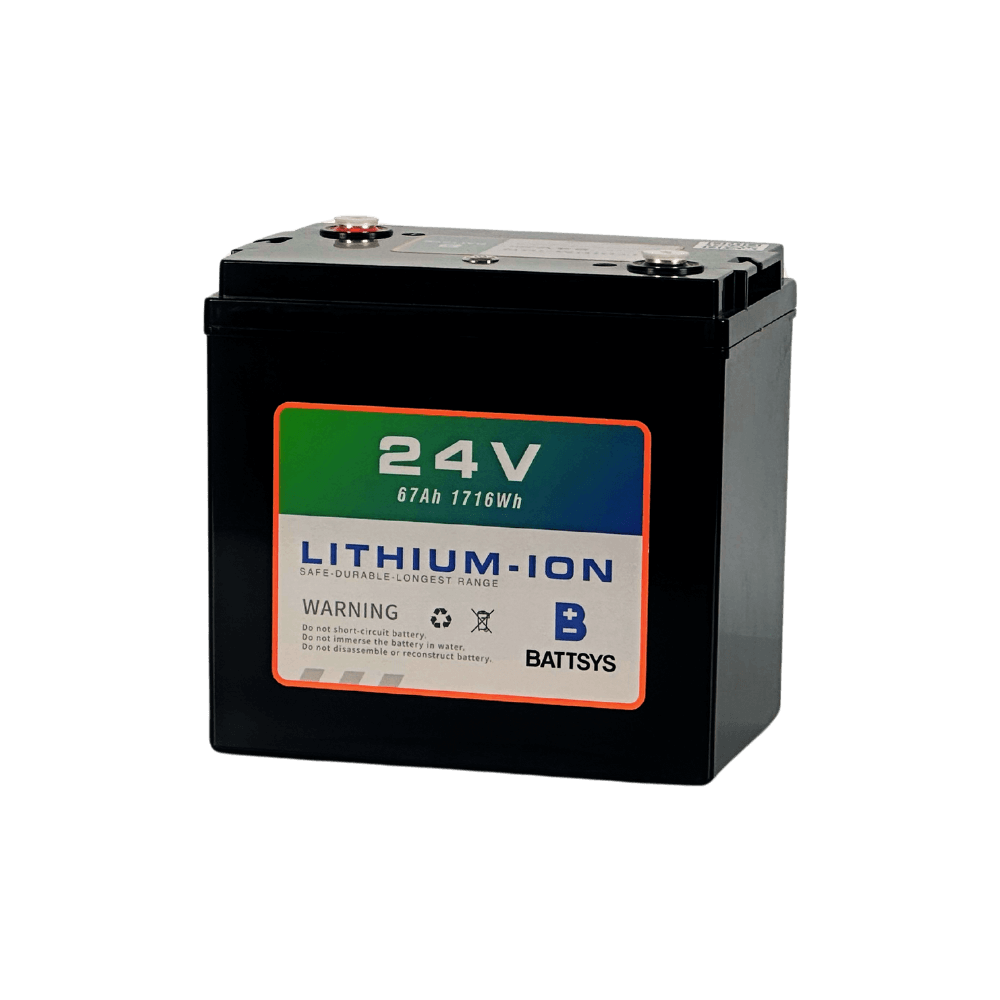About overcharging phenomenon in lithium battery manufacturers.
People often have a misconception when charging: maintaining a fully charged state is the best. Perhaps for obsessive-compulsive disorder, when the battery level jumps from 100% to 99%, it can be fatal, but in reality, keeping the phone in a charging state is not a recommended behavior, especially when the device is fully charged and continues to charge. The phone battery really cannot withstand such trouble.
Energy storage
lithium battery manufacturers are not omnipotent. Many elders always tell you when you get your first phone that the new phone needs to be fully discharged first, then charged for 12 hours, and then fully discharged again, which needs to be repeated 3 times. You must have followed the advice of your elders when you were foolish, but in fact, you no longer need such a troublesome battery maintenance process when using smartphones from energy storage lithium battery manufacturers.

The nickel hydrogen battery requires multiple discharge and charging processes, which have strong memory. The repeated charging and discharging process is also aimed at maximizing the charging limit of the nickel hydrogen battery. Nowadays, mobile phones are equipped with energy storage lithium battery manufacturers, so there is no need to repeat such a complex battery memory process. So, will energy storage lithium battery manufacturers always maintain the highest power limit?
The answer must be negative. Although energy storage lithium battery manufacturers are known for their durability, their upper limit of battery capacity will inevitably be lost during multiple battery cycles of charging and discharging. This loss is accumulated over time, and the reason for the loss is not only due to normal charging, but also due to overcharging.
How to understand overcharging phenomenon
Overcharging is actually easy to understand, which refers to the situation where a phone continues to charge its battery even when it displays that the battery is full. At this time, we call the phone being overcharged. Continuing to charge the battery when it is fully charged will cause structural changes in the positive electrode material, resulting in capacity loss. The decomposition and release of oxygen will cause a violent chemical reaction with the electrolyte, and the worst result is naturally an explosion.




